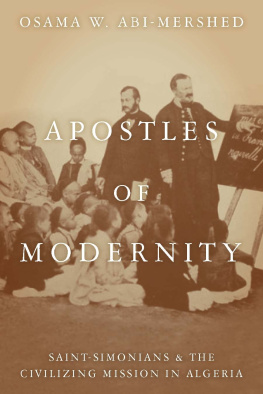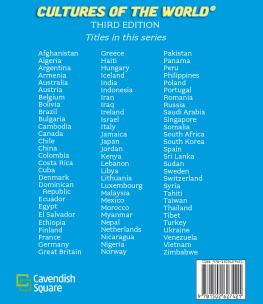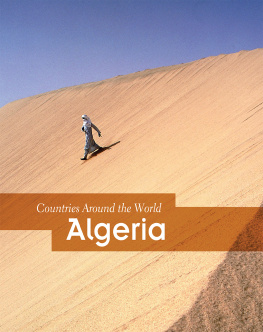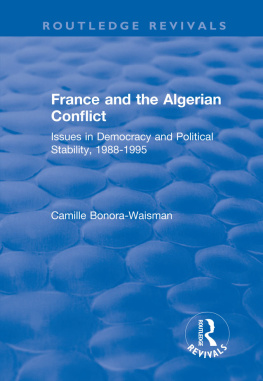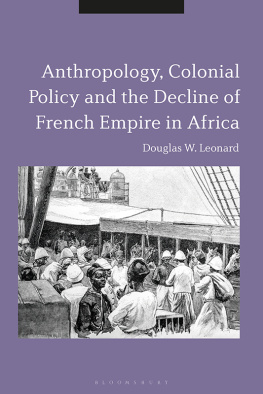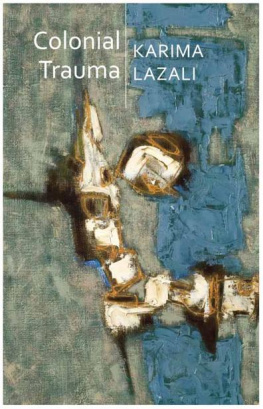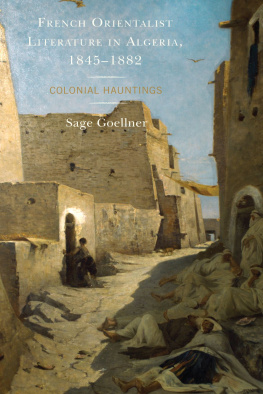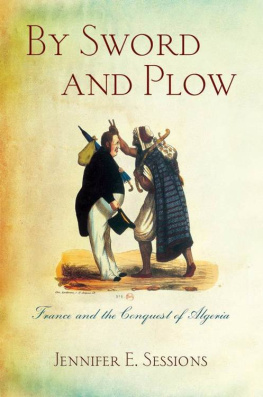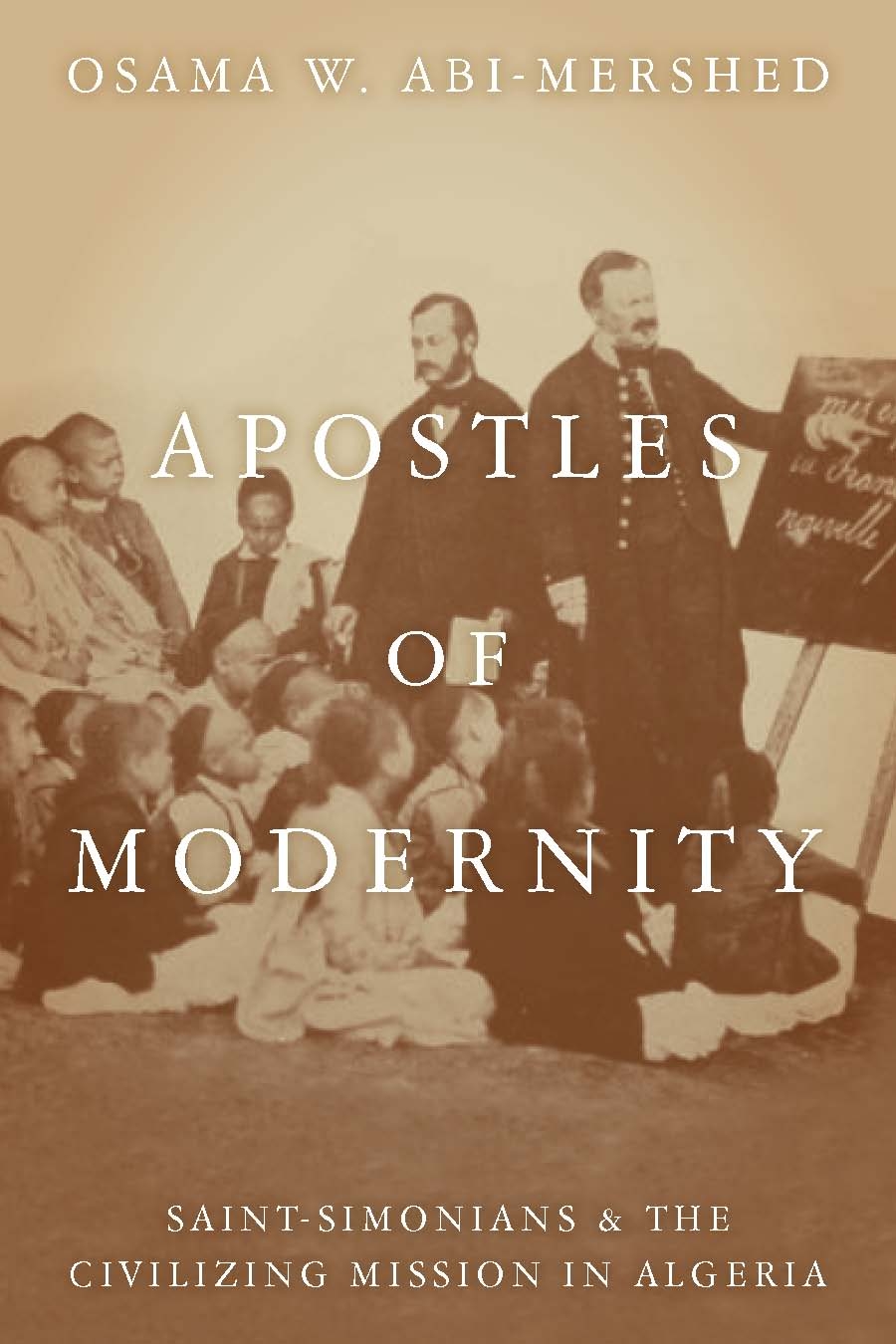Acknowledgments
This book, though based on archival and documentary research, is also the product of the valued support, counsel, and encouragement of my peers, students, friends, and family. I am especially indebted to my esteemed mentors John Ruedy, Judith Tucker, and the late Hisham Sharabi for their patient and generous guidance through the years. The manuscript was the last that Hisham would read, and I am forever grateful for the efforts he expended in seeing it to its completion.
I am equally indebted to the various forms of institutional support that enabled me to conduct my research in the French colonial archives. My repeated visits to the Centre des Archives dOutre-Mer (CAOM) in Aix-en-Provence and Centre des Archives Nationales (CARAN) in Paris were made possible by a fellowship from the DDA-Fulbright Foundation of the International Education and Graduate Programs in the U.S. Department of Education, and by supporting grants from the Georgetown University Graduate School of Arts and Sciences, Department of History, and the Oman Research Fund from the Center for Contemporary Arab Studies (CCAS).
I have profited in untold ways from working and collaborating with my accomplished peers in the Department of History and the CCAS. James Collins has yet to flinch from my unending demands upon his time and wisdom, and I thank him for his unsparing support and intellectual guidance. For their steadfast moral and material encouragement, I am deeply grateful to my associates and colleagues John Tutino, Aviel Roshwald, Tommaso Astarita, Alison Games, Maurice Jackson, Barbara Stowasser, Yvonne Haddad, Meredith McKittrick, Michael Hudson, John Voll, JoAnn Moran Cruz, Amy Leonard, Roger Chickering, Gabor Agoston, John McNeill, Richard Stites, Jane McAuliffe, Gerald Mara, and James ODonnell. I also thank Carole Sargent and Natalie Kimber of the Office of Scholarly and Literary Productions for giving freely and selflessly of their expertise, time, and energy to help bring the manuscript to press.
Sara Scalenghe and Ahmad Dallal are exceptional friends first, and outstanding colleagues second. I value their solidarity and trust, and have accumulated an irredeemable debt with each. Sara was especially patient in reading the entire manuscript and sharing her keen and critical comments with me. Judith Tucker, James Collins, Elizabeth Thompson, and Aparna Vaidik also read the manuscript in part or in its entirety, and provided their usual engaging and constructive feedback. Their astute readings improved the book in fundamental ways. I am also grateful to my colleague James McDougall and the anonymous reviewers for Stanford University Press for their extraordinary generosity in providing advice and correcting errors in the manuscript. My conversations with distinguished scholars Henry Laurens and Benjamin Stora were instrumental in shaping and inspiring my approach to the field of Middle Eastern studies in general and North African history in particular. I thank them both for sharing their valuable insight and time with me. I give my heartfelt thanks also to Souleyma Haddaoui, Kimberly Katz, Laurie King, Kathya Latreche, and Karim and Tifa El-Mansouri for their personal interest in my work and for their incomparable kindnesses over the years. Our conversations were a much needed diversion from the pressures and tedium of writing and editing.
Over the years, I have also been rewarded with the talents, collegiality, and friendship of graduate students and research assistants who contributed commensurately to improving this book. Muriam Davis and Lawrence McMahon sifted tirelessly through many permutations of the chapters with meticulous attention to detail and incisive, substantive feedback. It would not have seen the light of day without their precise reviews and observations, and I alone am responsible for any remaining errors or shortcomings. I also thank Kate Wahl and Joa Suorez of Stanford University Press, Gretchen Otto of Motto Publishing Services, and Fran Andersen for their interest, assistance, and their countless professional courtesies, helpful comments, and clarifications throughout the preparation of this book.
Last and in no way least, I reserve my warmest appreciation to members of my family, from Beirut to Washington, DC, with many stages in between. I am especially thankful to my parents Walid and Aida for their unfailing love, past, present, and future. But I dedicate this book with deepest affection and utmost admiration to my son Nicholas Karim, who has lived his entire life with its project. While I became deeply engrossed with it, he remained understanding, cheerful, and loving with me. I look forward to more relaxed times ahead.
Appendices
APPENDIX ONE
| Chronology, 18301870 |
|---|
| June 14, 1830 | French troops land at Sidi Ferruch. |
| July 5, 1830 | Husayn Dey surrenders the Casbah of Algiers to Marshal Bourmont. |
| July 2530, 1830 | Popular resistance to the July ordinances leads to the abdication of King Charles X and the enthronement of Louis-Philippe I. |
| 1831 | Duke of Rovigo organizes an Arab cabinet, staffed by his personal secretary, a handful of interpreters, and a local Arab notable with the designation of Agha des Arabes . The responsibilities of the cabinet are to dispense with all diplomatic affairs concerning the indigenous populations. |
| June 10, 1831 | Gubernatorial decree attaches beylical lands to the French domains and enables confiscation of lands belonging to Algerians. |
| April 1832 | Revolt of the muqaddam Muhyi al-Din ibn Hashim, father of Abd al-Qadir, begins. |
| November 1832 | Abd al-Qadir ibn Muhyi al-Din assumes leadership of the Algerian uprising. |
| February 1833 | Lamoricire is entrusted with expanding the personnel of the Arab cabinet and streamlining its re sponsibilities to include the collection and classification of all documentation concerning indigenous affairs and to provide the commanding military authorities with a database of information concerning Arab society and culture. The result is the Special Bureau of Arab Affairs ( Bureau particulier des affaires arabes ) under the leadership of the Agha des Arabes , now selected from the corps of bilingual French officers. |
| June 28, 1833 | Guizot Law on primary education is enacted. |
| February 26, 1834 | Peace agreement between General Desmichels and Abd al-Qadir proclaims a truce between the two parties, the submission of the province of Oran to the French, and the promulgation of free trade. In a secret clause, Desmichels recognizes the sovereignty of Abd al-Qadir over the Oran region, refers to him as the Commander of the Faithful ( amir al-mu minin ), grants him a commercial monopoly at the port of Arzew, and commits France to providing Abd al-Qadir with aid. |
| July 22, 1834 | Royal ordinance organizes the French possessions in the north of Africa and places them under the authority of the Ministry of War. It also appoints a governor general, directly responsible to the minister of war, a civil intendant, as well as a general prosecutor and a director of finance. |
| September 1, 1834 | Ministerial order confers upon Algeria a regime of legislation by decree rather than civil law, to be executed by the minister of war upon the recommendations of the governor general. |
| November 18, 1834 | Gubernatorial decree creates the Provisional Directorate of Arab Affairs. |

